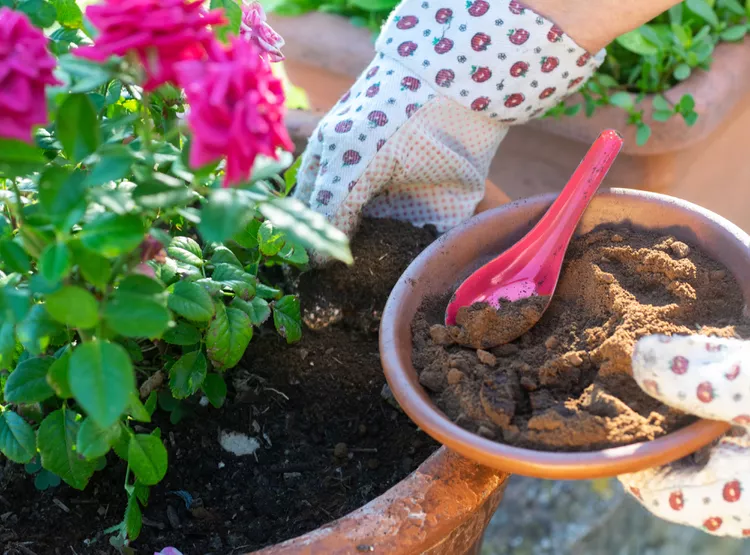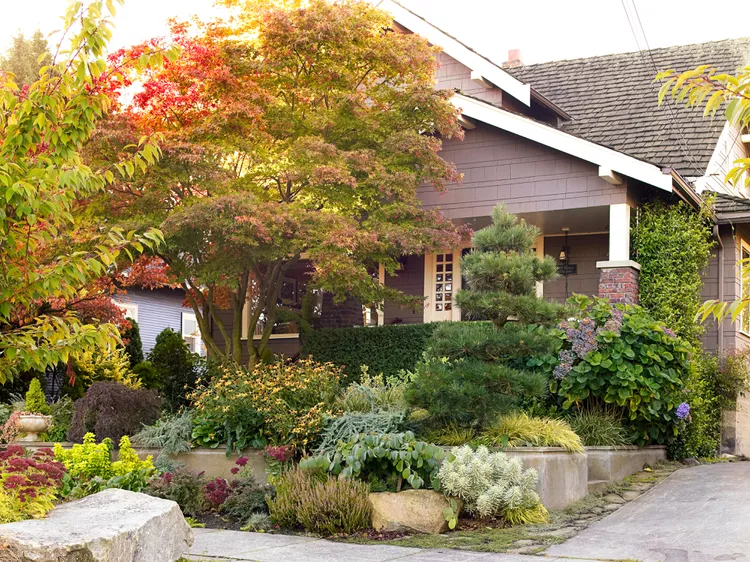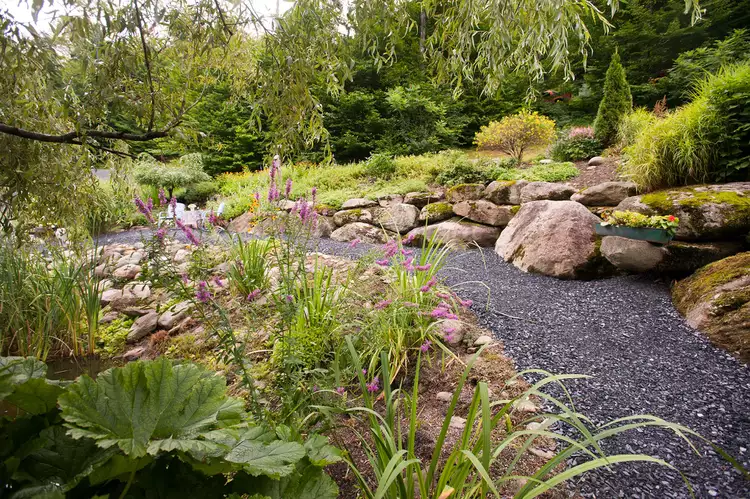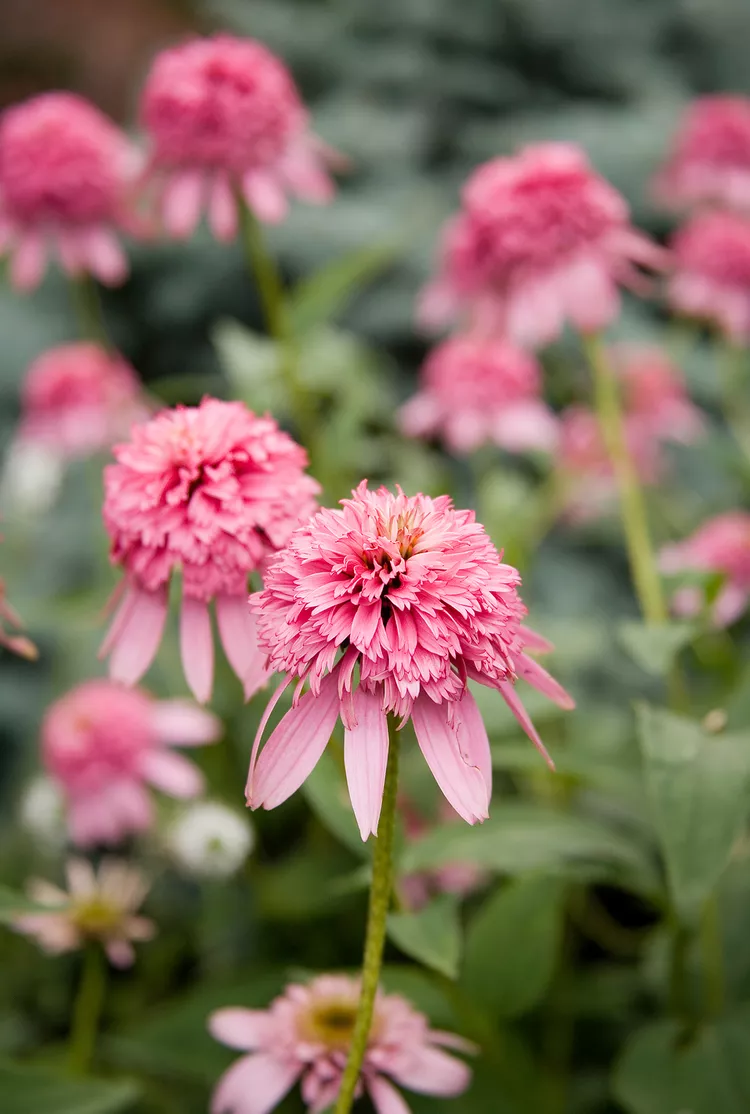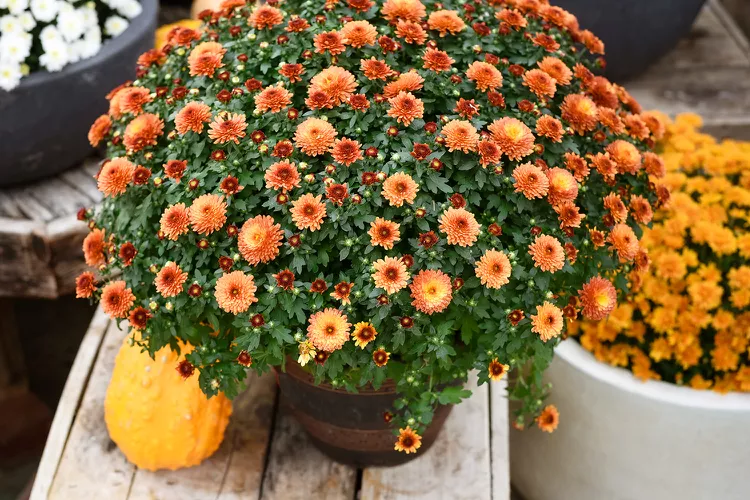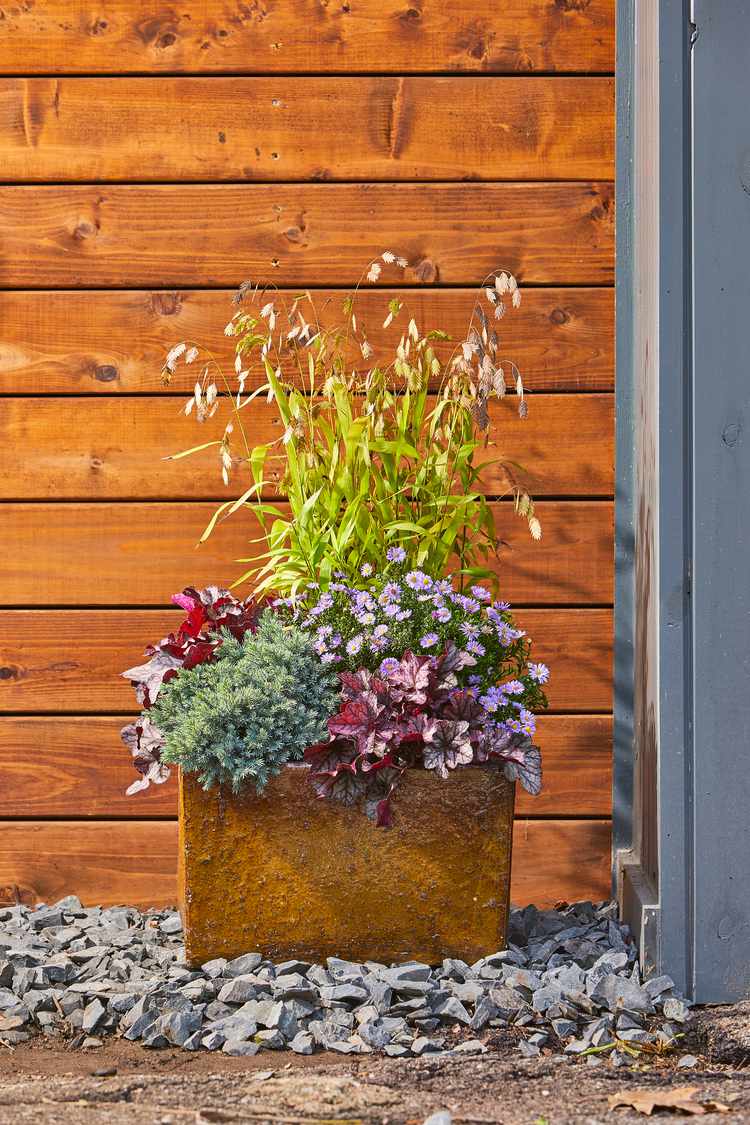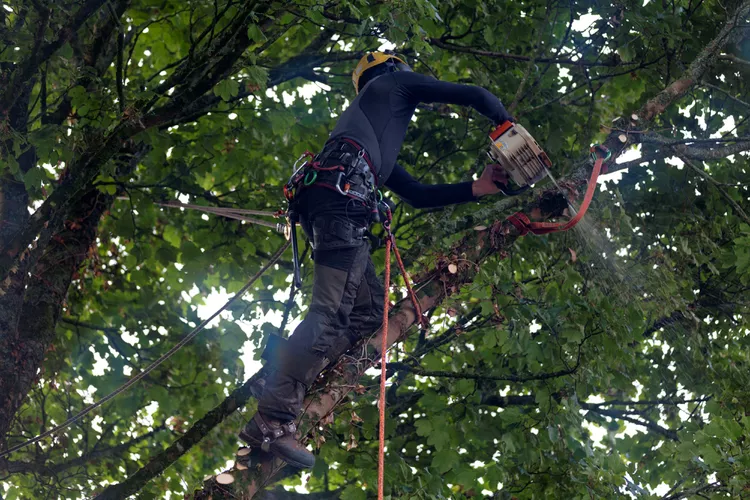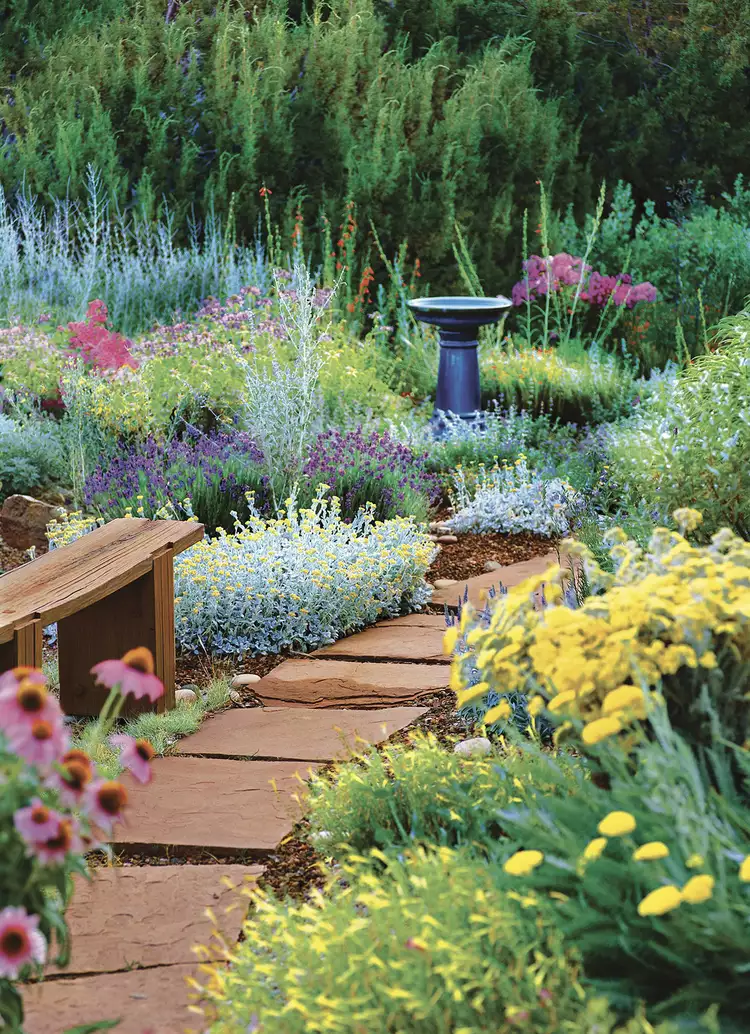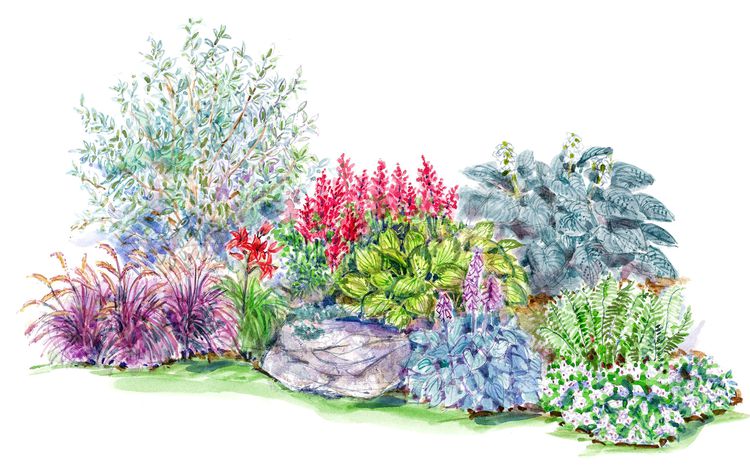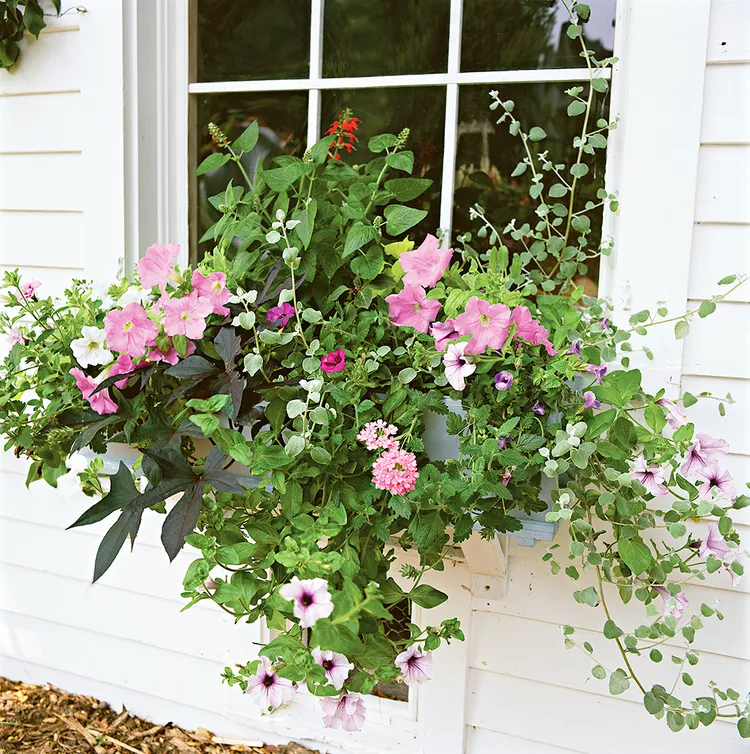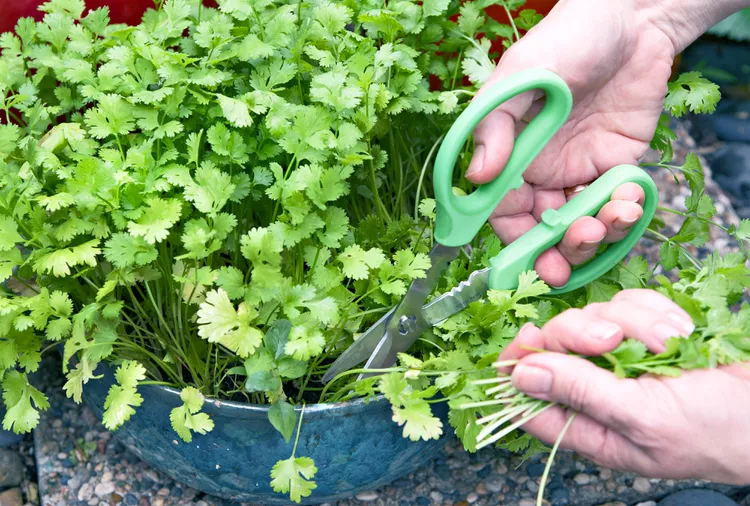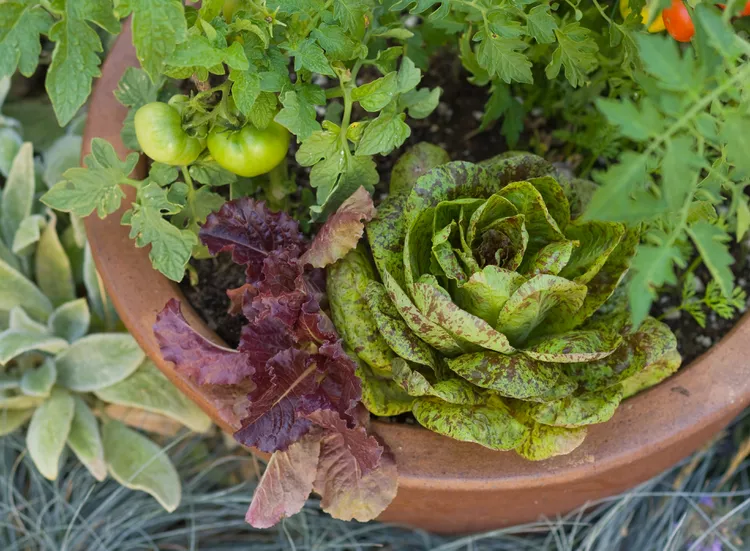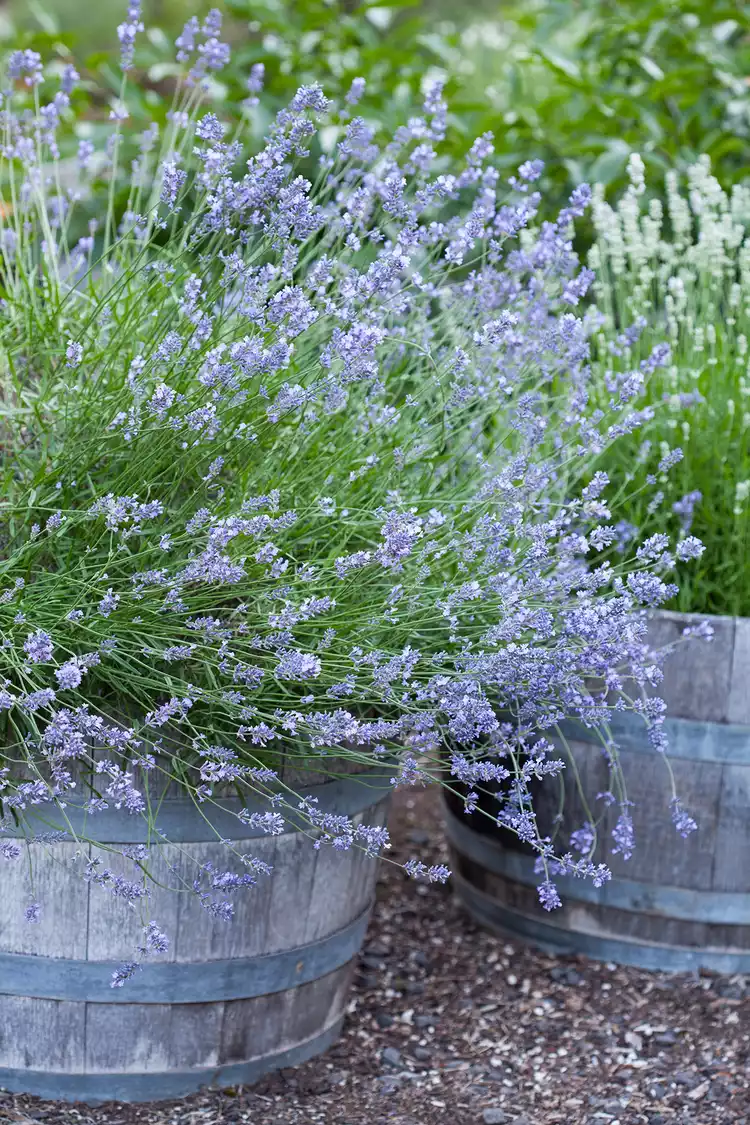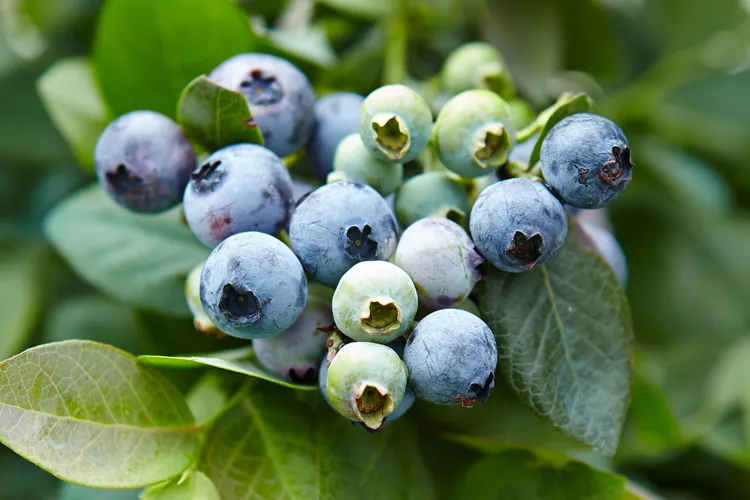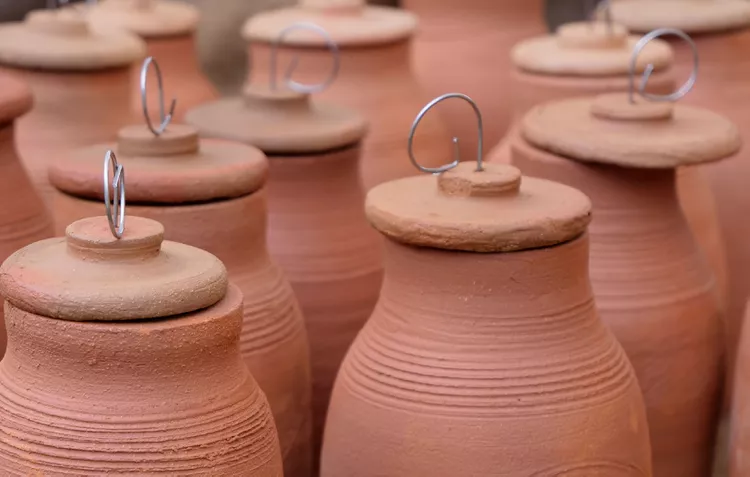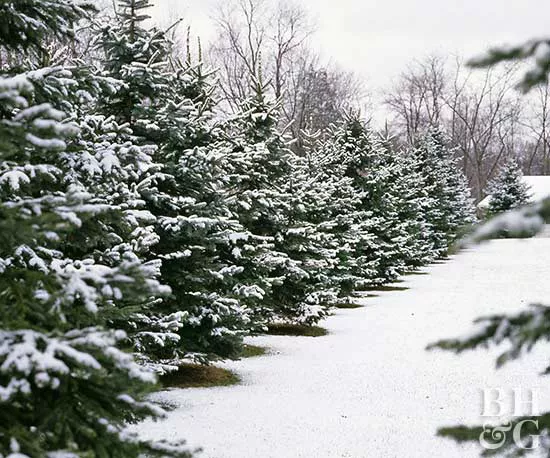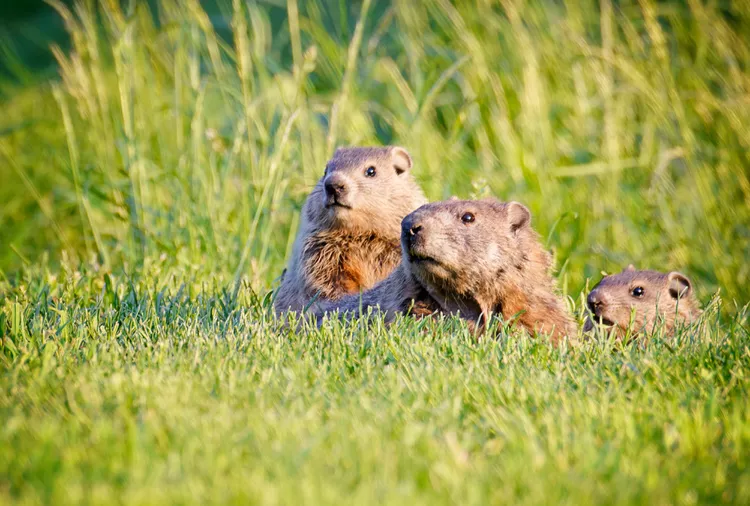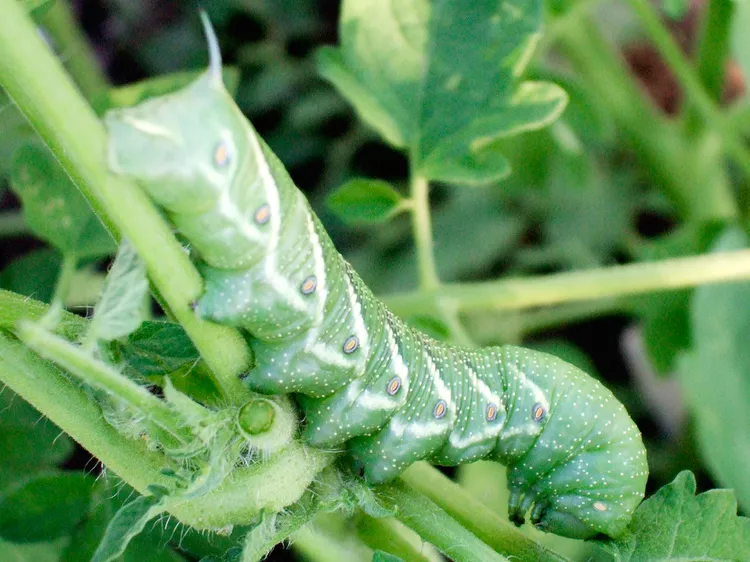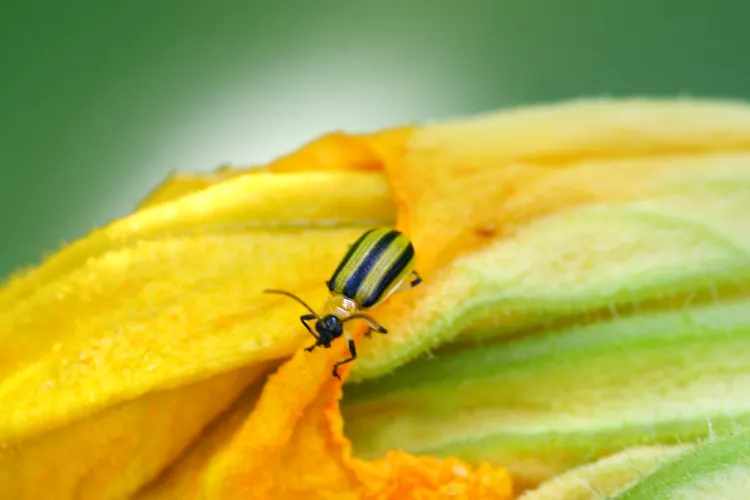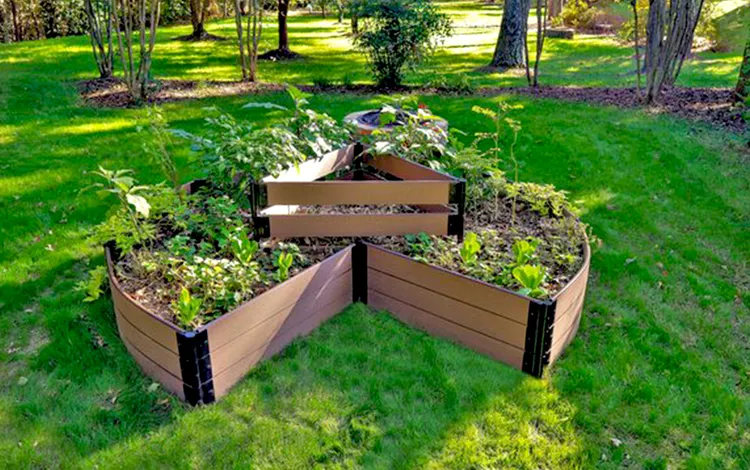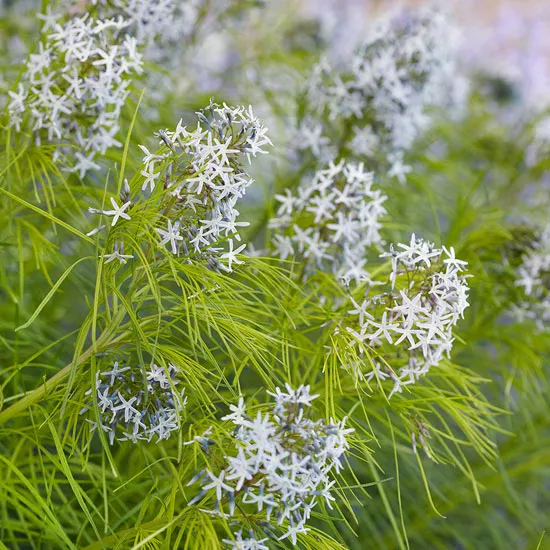Are coffee grounds good for your plants? You might wonder this after hearing the advice to add coffee grounds to your garden soil and houseplants to help your plants thrive. Or maybe you've visited coffee shops that are giving away bags of their used grounds for customers to use in the garden. The idea is that coffee grounds act as a natural fertilizer and organic soil amendment. But do they really? We asked an expert to definitively sort out fact from fiction.
Chelsea McKinley is a plant health care specialist at the U.S. Botanic Garden in Washington, DC., where she has worked since 2014. She holds a B.S. in Environmental Horticulture Science.
Using Coffee Grounds for Plants
So are coffee grounds good for plants? The short answer is not really—at least not when you put them directly on your plants, says Chelsea McKinley, plant health care specialist at the U.S. Botanic Garden in Washington, DC.
That’s not to say used coffee grounds have no value to a gardener. They do, just not as fertilizer or a soil amendment. “The best way to use coffee grounds in gardening is to compost them,” McKinley says.
“You don’t get the full potential out of coffee grounds by mixing them into the soil,” she says. “You’ll get the full potential out of them if you properly compost them and then use that compost to fertilize your plants because then the nutrients are more readily available and in proportions more appropriate for plant growth.”
Coffee grounds are considered a "green" material when used in compost, based on their carbon to nitrogen ratio. Mix the grounds with two to three times as much "brown" materials in your compost bin to achieve the right balance for an efficient decomposition process. In a few months, all your grounds (you can throw in paper coffee filters too), along with dried leaves, grass clippings, and kitchen scraps, will turn into nutrient-rich compost that will benefit your plants.
Do Coffee Grounds Acidify Soil?
Another claim floating around the internet is that coffee grounds are a good soil amendment for acid-loving plants because they lower the soil pH, which is desirable for plants like azaleas, blueberries, and hydrangeas.
That’s not true, McKinley says. “Coffee grounds have a pH between 5.5 and 6.5,” she says. “Most plants like a soil pH between 5.8 and 6.8, so coffee grounds won’t lower the pH significantly.” It works about as well as mulching with pine bark.
If you want to lower your soil pH, use a fertilizer designed to lower soil pH, McKinley says. “That’s a faster way to acidify soil.”
Are Coffee Grounds Good for Houseplants?
While used coffee grounds contain a little nitrogen, an element that plants need to grow, the nitrogen isn’t in a form that’s easy for plants to use. Plus, it's easy to overdo it.
“If you add too many coffee grounds to your potted plant, it’s like overfertilizing them, and you burn the roots of the plant,” McKinley says. “Burned roots can lead to dead plants.”
Potted plants are especially sensitive to dramatic changes in nutrient levels because they’re growing in an artificial environment with limited space, McKinley says. “I wouldn’t put coffee grounds on potted plants.”
Do Coffee Grounds Improve Soil?
It’s true that coffee grounds can improve soil structure when put directly into garden soil, McKinley says. Soil structure affects how much water and air move through the soil. Soil with good structure is well-drained and holds nutrients vital to plant health.
“If you have heavy clay soil, adding any organic amendment, even coffee grounds, can help,” she says. “Microbes in the soil will break down the coffee grounds eventually, but you’re not going to get the full potential from your coffee grounds unless you compost them.”
